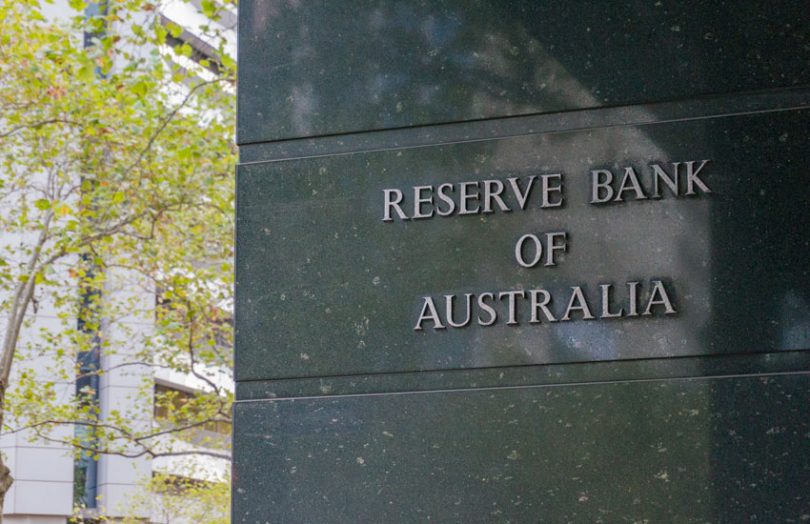Equipping professional accountants for sustainability
The International Federation of Accountants has developed a concise resource to guide accounting professionals and...
READ MORE
Employer and industry groups said the rate hike announced on Tuesday (7 June) by the Reserve Bank of Australia emphasises the importance of lifting productivity in the economy and points to the need to allow more skilled migrants to enter Australia.

They also warned of a crisis in business if the Fair Work Commission pursues an aggressive wage rise.
Innes Willox, chief executive of the national employer association Ai Group said the higher-than-expected increase in interest rates is a sober pointer to the sharp pickup in inflationary pressures – most recently from energy costs.
“It also highlights the risk of further interest rate rises if there is a large increase in the upcoming national wage case decision,” he said.
“The rate rise emphasises the importance of lifting the supply capacity of the economy by raising productivity, accelerating the resumption of skilled immigration; and making further progress in lifting workforce participation. There is no time to lose.”
The RBA raised the cash rate by 50 bps to take it to 0.85 per cent in response to a higher level of inflation than expected, a strong labour market and rising energy prices.
The second rise in two months follows more than a decade without any increases in the rate but the RBA said global conflict, COVID disruptions to supply chains and domestic factors were combining to lift inflation and it was expected to keep rising.
The RBA said the increase in interest rates is a further step in the withdrawal of the extraordinary monetary support that was put in place to help the Australian economy during the pandemic.
“The resilience of the economy and the higher inflation mean that this extraordinary support is no longer needed,” it said in a statement.
“While inflation is lower than in most other advanced economies, it is higher than earlier expected. Global factors, including COVID-related disruptions to supply chains and the war in Ukraine, account for much of this increase in inflation.”
CEO of the Australian Chambers of Commerce and Industry, Andrew McKellar, said the RBA’s decision to hike the cash rate for a second time in two months by 50 bps from 0.35 to 0.85 per cent revealed the mounting stresses on the economy.
“While the half a per cent increase was more aggressive than what many analysts predicted, the decisive action taken by the Reserve Bank was understandable to normalise monetary settings and tame inflationary pressures,” he said.
“Inflation is hitting businesses especially hard, particularly surging energy prices.
“Having survived the pandemic, small business owners are now confronted with supply chain constraints and worker shortages, forcing them to raise their prices or absorb increases within already thin margins.
“As well as increasing costs to consumers, small business owners will face higher repayments on existing loans and will need to factor in increased rates on new investments.
“Future consumer spending is also at risk. Although we’ve seen strong growth in household budgets through the pandemic, increasing inflationary pressures are likely to trim consumer spending in the second half of 2022.
“The Fair Work Commission must be cautious not to pursue aggressive wage increases which have the potential to spur greater inflationary pressures.
“The RBA can only do so much. The overriding priority for the new federal government is to pull all the levers it can to address the supply side constraints that are driving up inflation and holding back the economy.”